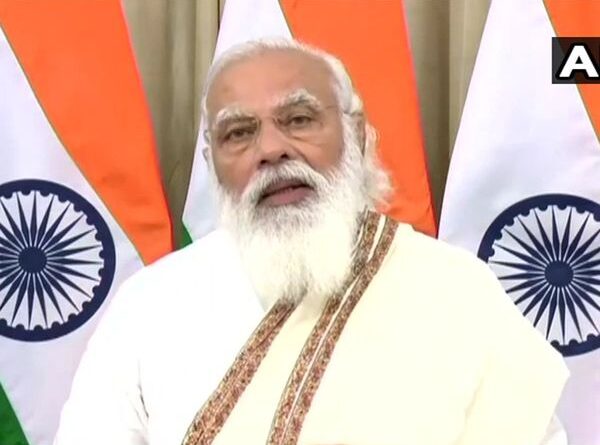New Delhi: Prime Minister Narendra Modi on August 2 launched a new digital payments solution, e-RUPI, which he described as a platform which will further strengthen the country’s direct benefit transfer (DBT) programme.
“e-Rupi, in a way, is person and purpose specific,” Modi said, adding that the payments solution would ensure that the amount provided to a beneficiary is used only for the intended purpose.
The payment system will function in the form of an SMS string or QR based code, which will be sent straight to the beneficiary’s phone and will be redeemable at designated centers without the need for any credit/debit card, mobile banking applications, or more, thus eliminating any physical interface.
“e-Rupi voucher will play a role in boosting digital transactions and DBT in the country. This will help everyone in targeted, transparent and leakage free delivery,” he said.
“Not only government but if a non-government organisation wants to support anyone in their education or medical treatment, then they can use e-RUPI instead of giving cash. This will assure that the amount donated is being used only for the said work,” the prime minister added.
Initially, e-RUPI vouchers will be applicable for health beneficiaries, Modi said, adding that more facilities would be added over time.
“e-RUPI is an example of how India is moving forward and connecting people in the 21st century with the help of advanced technology. I am glad that it has started in the year when India is celebrating its 75th year of Independence,” Modi noted, during his address at the launch event through video-conferencing.
In a statement issued by the government, it was noted that e-RUPI would be used for delivering benefits under various schemes including “drugs and nutritional support under the mother and child welfare schemes, TB eradication programmes, drugs and diagnostics under schemes like Ayushman Bharat Pradhan Mantri Jan Arogya Yojana, fertilizer subsidies etc”.
The platform has been jointly developed by the National Payments Corporation of India (NPCI), the Department of Financial Services, the Ministry of Health and Family Welfare, and the National Health Authority.
